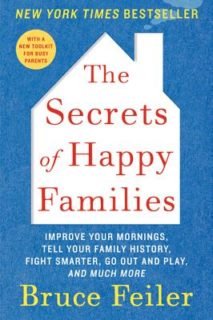In the late 1990’s, one of our co-collaborators Lee Brower read a statistic published by the Family Firm Institute, a Boston non-profit that focuses exclusively on family-owned businesses; over 90% of family wealth is lost by the end of the third generation. Even today, this dramatic loss of family wealth continues to occur, despite the best efforts of the best attorneys, accountants, wealth managers, insurance and financial planning professionals. Lee, his firm Empowered Wealth, and many others, including The Certior Group, have wondered why this happens and, more importantly, what can be done to counter or prevent this from occurring.
Many ideas have resonated with us and informed our evolving thinking on this matter. If you’ve ever engaged in multi-generational estate planning, you know that there are numerous sophisticated planning techniques and structures available to families. Aside from the unique advantages of certain Wyoming-only strategies such as private single family trust companies, we’ve chosen not to focus on legal structures but rather on facilitating a flexible planning process that encourages inter-disciplinary collaboration among advisors, including skillful, experienced attorneys.
Much of our practical thinking is now focused on how to build and maintain a healthy family culture as an essential, often overlooked element in sustaining family wealth. To this end, New York Times columnist Bruce Feiler published a book in 2013 titled “The Secrets of Happy Families“. In it, he lays out the theory and the research that supports the notion that families that know their histories – their family narratives – are happier, more resilient, and more cohesive.

One way that we help families capture and organize their family narratives is by employing an Empowered Wealth tool and exercise called the TimeMap. As Bruce Feiler might suggest, this exercise identifies key people, events, milestones, learning experiences, and most importantly, the stories that in the aggregate form the essence of family narratives. Our experience aligns with Feiler’s: that is, most families are not intentional about telling their stories. However, once they realize the importance and value of capturing and making those stories part of the family’s traditions, those families that know their narratives have a better chance of defying the statistics and sustaining their families’ wealth.

